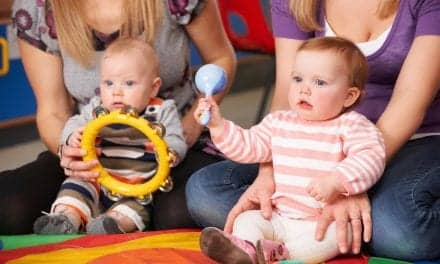Intensive-care antibiotics used for life-threatening infections can seriously damage the hearing of some children, a study has shown.
Researchers found that one in 500 caucasian babies are affected by a particular genetic mutation that renders them vulnerable to the drugs.
If treated with the antibiotics, they risk permanent loss of hearing. Aminoglycoside antibiotics are used to treat gram-negative sepsis, a life-threatening infection that leads to inflammation throughout the body.
The drugs are known to have damaging effects to hearing and kidney function, and their use is closely monitored.
But even low doses of the antibiotics can cause serious permanent damage to the hearing of children with the genetic mutation, researchers from University College London have said.
"This is a major discovery with very important implications," says John Stanley, chief executive of the charity Sparks, which funded the study. "Clearly, it is vital to avoid permanently deafening babies, children, and adults who receive these particular antibiotics as part of their hospital treatment."
Stanley says the discovery explains one cause of deafness, and the researchers suggest that careful consideration should be given to screening all pregnant women to establish whether they are carrying the specific gene mutation.
The researchers say the government needs to issue clear professional advice for doctors and health advice for the public.
"These antibiotics are widely used on very sick children. They are cheap and effective," wrote the authors of the study. "We believe that it will be cost-effective to genetically screen groups of patients who will almost certainly receive aminoglycoside antibiotics, to see if they carry the mutation, before administering the antibiotics. This will allow an alternative antibiotic to be given to anyone who has the mutation."
Belfast Telegraph
[Source: American Hearing Research Foundation]




